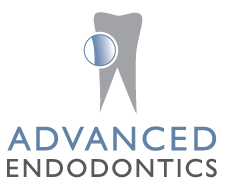 Previously it was thought that salivary mucins – large glycoproteins – did little more than keep mucus in saliva slippery and elastic, contributing to its gel-like properties. But now it seems they play an active role in defending against pathogens and keeping the human microbiome healthy.
Previously it was thought that salivary mucins – large glycoproteins – did little more than keep mucus in saliva slippery and elastic, contributing to its gel-like properties. But now it seems they play an active role in defending against pathogens and keeping the human microbiome healthy.
First author Erica Shapiro Frenkel, of Harvard University, and principal investigator Katharina Ribbeck, a professor at the Massachusetts Institute of Technology, both in Cambridge, MA, report their findings in the journal Applied and Environmental Microbiology.
Frenkel says their findings suggest boosting the body’s natural defences might be a better way to prevent tooth decay than relying on external agents like sealants and fluoride treatments.
The researchers found that salivary mucins do not alter levels of S. mutans nor kill the bacteria over 24 hours. Instead, they keep the bacteria suspended in a liquid medium, and this in turn reduces their ability to form biofilms on teeth.
“This is particularly significant for S. mutans,” Frenkel explains, “because it only causes cavities when it is attached, or in a biofilm on the tooth’s surface.”
A biofilm is a densely packed community of microbes that grow on surfaces and surround themselves with sticky polymers that they secrete.
Frenkel also points out that the oral microbiome – the collection of friendly bacteria in the mouth – is better preserved when naturally present species are not killed. “The ideal situation,” she adds, “is to simply attenuate bacterial virulence.”
Continue reading HERE.
Thanks for visiting Advanced Endodontics of Lakewood, OH.


